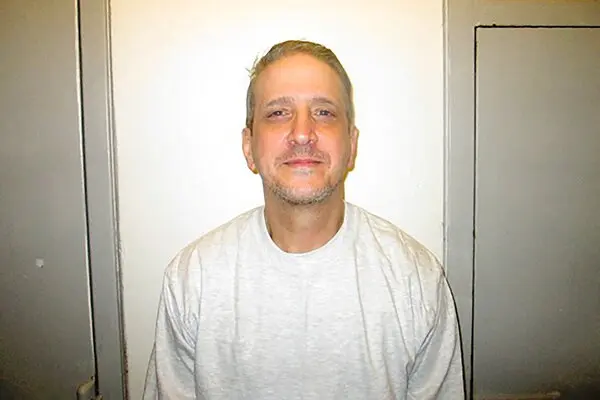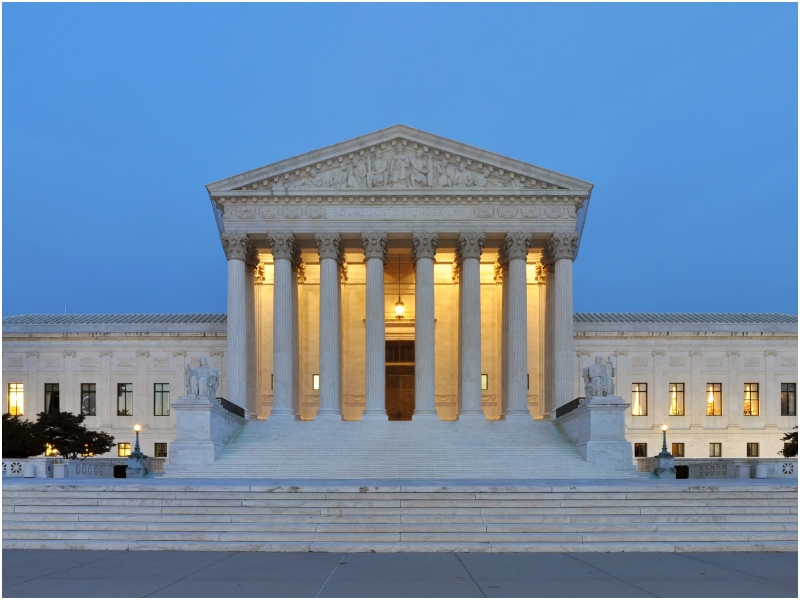On Wednesday, the U.S. Supreme Court heard arguments in the case of Oklahoma death row inmate Richard Glossip, whose conviction has been under intense scrutiny following revelations of false testimony by a key witness and the state’s failure to disclose critical information.
The case raises significant questions about prosecutorial conduct and the reliability of witness testimony, issues that could potentially lead to a new trial for Glossip.
Glossip was convicted in 1998 for the first-degree murder of Barry Van Treese, the owner of a hotel where Glossip was the manager.
The actual killer, hotel maintenance worker Justin Sneed, testified that Glossip had orchestrated the murder and promised him $10,000 for carrying out the crime. Sneed, who was facing the death penalty himself, avoided execution by cooperating with prosecutors and testifying against Glossip.
The current Supreme Court case centers on the credibility of Sneed’s testimony, which was critical in securing Glossip’s conviction. It was recently discovered that Sneed had been diagnosed with bipolar disorder and was receiving treatment with lithium at the time of his testimony—information that was not disclosed to Glossip’s defense team.

At trial, Sneed denied ever having received psychiatric treatment, a claim that has since been disproven. Additionally, Sneed had reportedly expressed doubts about his testimony, calling it a “mistake” in a conversation with his attorney, another detail withheld from the defense.
The Innocence Project, a criminal justice advocacy group, submitted an amicus brief arguing that Glossip’s due process rights were violated. The brief contended that the state withheld material evidence that could have undermined Sneed’s credibility and failed to correct his false testimony during the trial. Oklahoma Attorney General Gentner Drummond, who supports Glossip’s appeal, has stated that the case against Glossip relied heavily on Sneed’s testimony.
The case has drawn widespread attention, particularly after a report by 30 attorneys from Reed Smith LLP in 2022 raised concerns about the legitimacy of Glossip’s conviction. In 2023, Glossip’s legal team filed appeals to halt his execution and have the conviction returned to the district court for further review.
The case has taken on added significance in light of recent Supreme Court decisions regarding death penalty cases. Last month, the Court upheld the execution of Marcellus Williams, another death row inmate whose conviction raised similar concerns about witness testimony and prosecutorial conduct. Glossip’s case now stands as a potential turning point for death penalty cases where witness credibility and prosecutorial ethics are in question.
As the Supreme Court weighs its decision, Glossip’s case highlights ongoing debates about the fairness of the death penalty and the potential for wrongful convictions based on unreliable or suppressed evidence.

